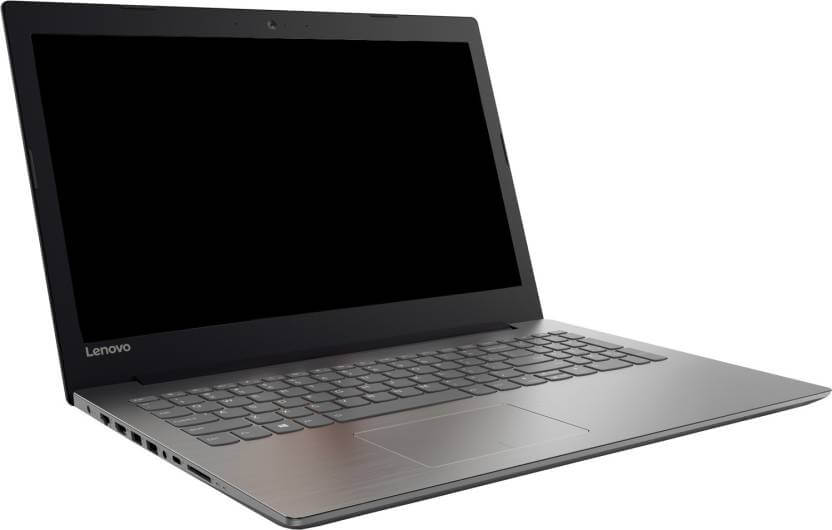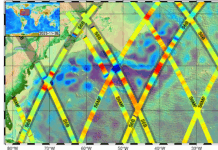Overheating is one of the most common issues that can affect a PC, and it can cause a wide range of problems, from system, crashes to data loss. In this article, we will discuss how to spot an overheating PC and the steps you can take to fix it. One of the most obvious signs of an overheating PC is that it will start to shut down or reboot unexpectedly.
This can happen when the internal temperature of the PC reaches a critical level, causing the system to shut down to prevent damage to the hardware. Other signs of an overheating PC include freezing, slow performance, and system crashes. To check if your PC is overheating, you can use a program such as SpeedFan or Core Temp. These programs will give you detailed information about the internal temperature of your PC, including the temperature of the CPU, GPU, and other components.

How to Prevent your computer from overheating
If you find that your PC is overheating, there are several measures you can take to fix the problem.
#1. Clean out the Dust and Debris
Dust and debris can accumulate inside your PC over time, blocking air vents and impeding airflow. This can cause your PC to overheat. Furthermore, to prevent this, you should clean the inside of your PC regularly using compressed air or a soft brush. Make sure to pay special attention to the air vents, fans, and heat sinks.
Also Read: 6 Best Antivirus For Your PC In 2023
#2. Check If the Fans are Working
you should check for any sound when you turn on the machine. If you hear the fans whirring into motion, then your fan is working as expected. Also, it is necessary to check if there’s no sound, you should check the fan grille for any vibration, and also use a flashlight to look for movement through the fan grille. If you don’t see any movement, then it’s likely time to replace or upgrade the hardware.
Also Read: 8 Best Fixes For Windows 11 PC Going To Sleep Randomly
#3. Improve your PC’s Airflow and Apply Thermal Paste
Keeping your computer cool is essential for its longevity and performance. To maintain proper airflow and help prevent overheating, it is important to make sure your PC is on a flat, hard surface and is free from obstacles on all sides. Avoid removing side panels or other parts of the computer’s casing, as this can alter its internal pressure and allow dust and other particles to build up inside. Additionally, it is recommended to replace thermal paste regularly as it can degrade and lose its effectiveness over time. To do this, use a thermal paste removal kit to wipe away old compounds and reapply a fresh layer of paste. Doing this regularly can ensure your computer stays cool and keeps running smoothly.
Also Read: 10 Ways To Make Your Boring PC Cool
#4. Close unnecessary programs and windows
Keeping several apps open at the same time can put a strain on your CPU, which can lead to overheating. To prevent this, minimize the number of active processes and shut down any programs that you are not currently using. This will help keep temperatures under control and improve the performance of your PC.
Another way to optimize your PC’s performance is by uninstalling unnecessary apps and removing potentially unwanted programs. These types of programs can take up valuable disk space and run background processes that can overheat your system. By getting rid of them, you can free up resources and improve the overall performance of your PC.
Also Read: How To Check If Your PC Is Compatible With Windows 11 22H2
#5. Upgrade your PC cooling system
If your PC is still overheating despite taking the above steps, you may need to upgrade your cooling system. This may include installing additional fans or upgrading to a liquid cooling system.
Also Read: Windows 10 Won’t Boot? 8 Fixes To Get Your PC Running Again.
#6. Monitor Your PC Temperature
Use software to monitor your PC temperature, this will give you a good idea of where the problem lies, you can use some of the popular software like Speccy, Core Temp, and others.
By following these tips, you can help prevent your PC from overheating and extend its lifespan. Remember to be patient when cleaning your PC and don’t rush the process. If you are unsure about any of the steps or if you are experiencing persistent overheating, it is best to consult with a professional for help.
To sum up, overheating is a common problem that can affect a PC and cause a wide range of problems. Additionally, by being aware of the signs of an overheating PC and taking the steps to fix the problem, you can help to prevent damage to your hardware and ensure that your PC runs smoothly. Further, to spot an overheating PC, you can use a program such as SpeedFan or Core Temp. Besides, to fix the problem, you should clean out the dust and debris inside the PC, check the cooling system, add more fans, rearrange the internal components, and make sure that your PC is running the latest version of the BIOS.
Also Read: 10 Best Game Screen Recorders For PC!



































